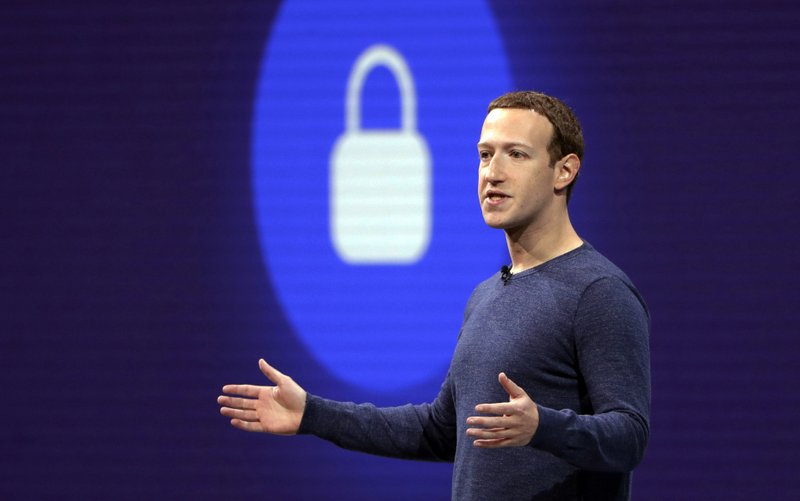National
Facebook’s Meta is testing new subscription service for verified accounts

Meta is testing a new subscription service that would let Facebook and Instagram users pay for a verified account.
Meta CEO Mark Zuckerberg announced Meta Verified on his social media accounts Sunday. Testing will begin in New Zealand and Australia this week and will roll out to other countries soon, he said.
For $11.99 per month on the web or $14.99 per month on Apple and Android operating systems, Meta will use a government identification to verify a user’s account and give the account a blue badge. Previously, Meta’s blue badges were free and reserved for notable public figures or businesses.
Subscribers will also get extra protection against account impersonation and direct access to customer support, Meta said.
“This new feature is about increasing authenticity and security across our services,” Zuckerberg said in his message.
Meta said public figures and others who were previously verified won’t be affected by the change. Meta Verified is aimed at influencers and others who use social media for their business but aren’t notable public figures.
Meta is taking a page from Twitter’s playbook in launching a subscription service. Late last year, Twitter began charging users $8 per month for Twitter Blue, which verifies their account with a blue check.
On Saturday, Twitter took the service a step further, announcing that Twitter users would lose their ability to secure their accounts with two-factor authentication unless they pay the $8 monthly Twitter Blue subscription.
Social media companies have been trying to find new revenue sources as online advertising slows. Earlier this month, Meta announced its third consecutive quarter of revenue declines despite an increase in users. Meta announced it was laying off 11,000 workers, or 13% of its workforce, in November.

